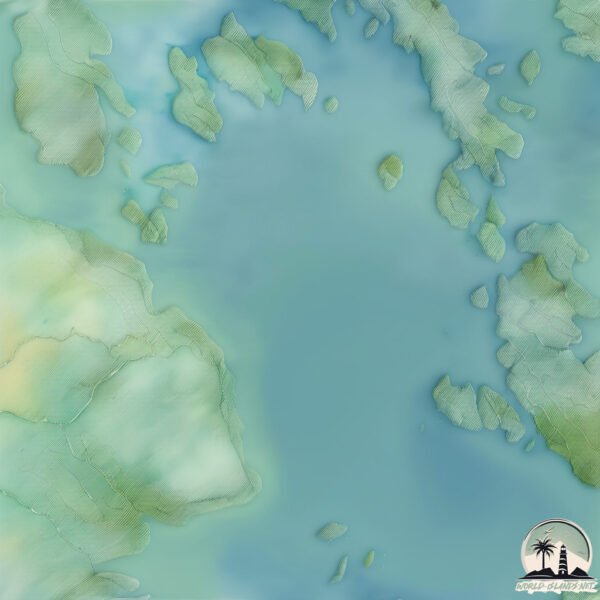Pulau Buaya

Welcome to Pulau Buaya, a Tropical island in the South China Sea, part of the majestic Pacific Ocean. This guide offers a comprehensive overview of what makes Pulau Buaya unique – from its geography and climate to its population, infrastructure, and beyond. Dive into the details:
- Geography and Size: Explore the island’s size and location.
- Climate and Weather: Weather patterns and temperature.
- Topography and Nature: Uncover the natural wonders of the island.
- Infrastructure and Travelling: Insights on reaching, staying, and making the most of your visit.
- News and Headlines: Latest News.
Geography and size of Pulau Buaya
Size: 12.5 km²
Coastline: 18.5 km
Ocean: Pacific Ocean
Sea: South China Sea
Continent: Asia
Pulau Buaya is a Medium Island spanning 12 km² with a coastline of 19 km.
Archipel: Greater Sunda Islands – A group of large islands in Southeast Asia, including Borneo, Sumatra, Java, and Sulawesi, known for their rich biodiversity and cultural diversity.
Tectonic Plate: Sunda – Extends across Southeast Asia, encompassing parts of the Sunda Shelf, known for its interaction with the Australian Plate, contributing to volcanic activity in Indonesia.
The geographic heart of the island is pinpointed at these coordinates:
Latitude: 0.18053963 / Longitude: 104.22068826
Climate and weather of Pulau Buaya
Climate Zone: Tropical
Climate Details: Tropical Rainforest Climate
Temperature: Hot
Climate Characteristics: This climate is typified by heavy rainfall throughout the year, high humidity, and consistently high temperatures, leading to lush rainforests and rich biodiversity. Seasonal temperature variations are minimal.
Topography and nature of Pulau Buaya
Timezone: UTC+07:00
Timezone places: Asia/Jakarta
Max. Elevation: 175 m
Mean Elevation: 81 m
Vegetation: Evergreen Broadleaf Forest
Tree Coverage: 86%
The mean elevation is 81 m. The highest elevation on the island reaches approximately 175 meters above sea level. The island is characterized by Plains: Flat, low-lying lands characterized by a maximum elevation of up to 200 meters. On islands, plains are typically coastal lowlands or central flat areas.
Dominating Vegetation: Evergreen Broadleaf Forest
Characterized by dense, lush canopies of broadleaf trees that retain their leaves year-round. These forests are typically found in tropical and subtropical regions and are known for their high biodiversity. Pulau Buaya has a tree cover of 86 %.
Vegetation: 7 vegetation zones – Very Highly Diverse Island
Islands in this range are ecological powerhouses, showcasing a wide array of vegetation zones. Each zone, from lush rainforests to arid scrublands, coastal mangroves to mountainous regions, contributes to a complex and interdependent ecosystem. These islands are often hotspots of biodiversity, supporting numerous species and intricate ecological processes.
Infrastructure and Travelling to Pulau Buaya
Does the island have a public airport? no.
There is no public and scheduled airport on Pulau Buaya. The nearest airport is Hang Nadim International Airport, located 85 km away.
Does the island have a major port? no.
There are no major ports on Pulau Buaya. The closest major port is TANJUNG BALAI KARIMUN, approximately 46 km away.
The mean population of Pulau Buaya is 41 per km². Pulau Buaya is Gently Populated. The island belongs to Indonesia.
Continuing your journey, Cempah is the next notable island, situated merely km away.
Indonesia is classified as Emerging region: MIKT: Mexico, Indonesia, South Korea, and Turkey – Economies recognized for their development potential and emerging market status. The level of income is Lower middle income.
News – Latest Updates and Headlines from Pulau Buaya
Stay informed with the most recent news and important headlines from Pulau Buaya. Here’s a roundup of the latest developments.
Please note: The data used here has been primarily extracted from satellite readings. Deviations from exact values may occur, particularly regarding the height of elevations and population density. Land area and coastline measurements refer to average values at mean high tide.
